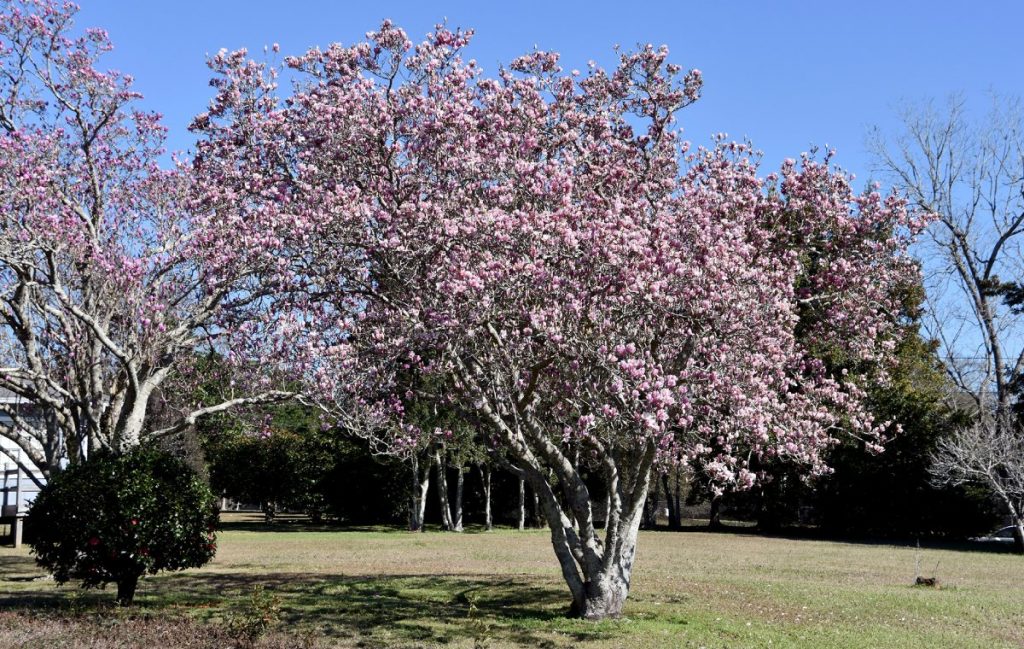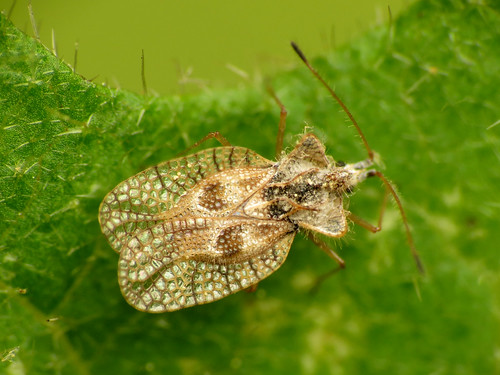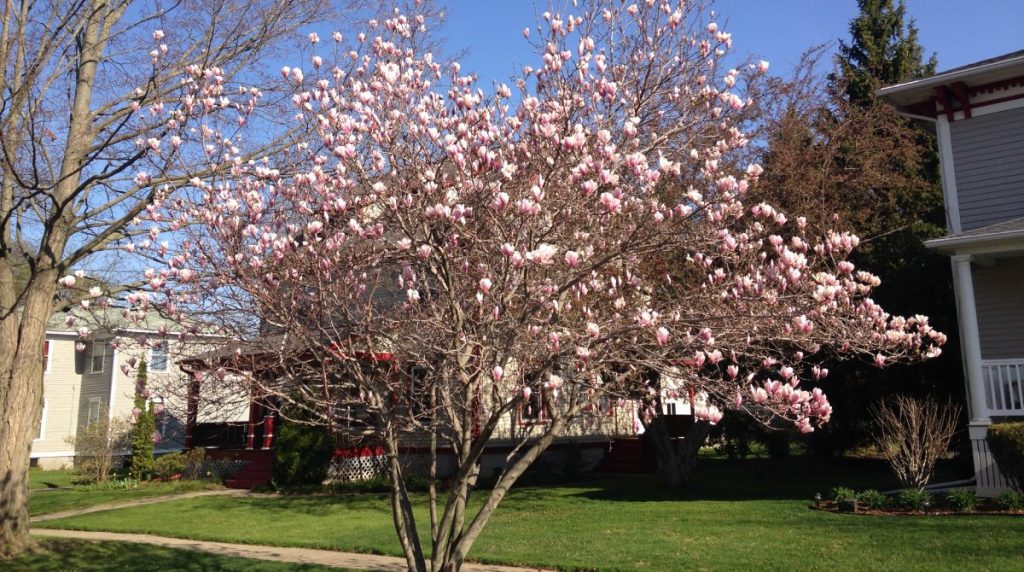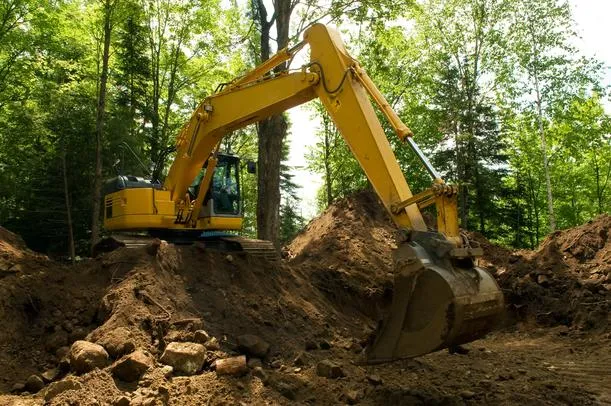
How Do I Use Compost In My Garden?
Date March 29, 2022
Category
Including compost in your garden is one of the best things you can do for your plants. Compost helps to mprove soil quality, add nutrients, and add water retention. Not sure how to get started? Here’s everything you need to know about using compost in your garden!
Did you know: Compost was once called ‘black gold’ for how effective it is at adding nourishment and fertility. It leads to plants growing stronger, more fully, and also more efficiently.
How to Make Compost for Plants and Trees
This is the easy part – from your everyday organic kitchen waste to even what’s already in your garden, any of the following can be combined into compost to nourish your plants and trees.
- Fruit and vegetable scraps
- Eggshells
- Grass clippings
- Coffee grounds
- Unpopped or burned popcorn
- Used paper towels and napkins
- Dry leaves
- Shredded newspaper
- Chopped bark chips
- Straw
By the same token, some items should not be included in compost piles such as…
- Dairy products
- Meat or fish scraps
- Charcoal
- Dog or cat waste
- Wood treated with herbicides
Combine 1 part green organic (eggshells, fruit and vegetable scraps, etc.) to 3 parts brown dry organic (dry leaves, shredded newspaper, etc.) until it is all approximately 3 feet deep. Add a little water to dampen the materials but not so much that they become waterlogged. Stir it up once a week to aerate the materials and check that the center of the pile is reaching 130 to 150 degrees Fahrenheit. This will give you the best results.
Mulching
Use compost as a mulch to help keep moisture in the soil and insulate it as well. Layer a few inches deep of it around the tree’s base out to about a foot. This makes sure the nutrients will likely cover most of the root system.
Fertilizing
Coat your lawn in an inch or so of your homemade compost to enhance the growth of your grass. Use a rake to really mix it in.
You can also: mix it in with pre-existing soil when planting new trees and seedlings as a healthy boost right from the start!
Be Consistent
An actively tended pile with consistent stirring and turnover can result in the pile being ready in as few as 3 weeks. An inactively tended pile, however, can take as long as a year or more to fully break down and be ready to spread in your garden.
Know When It’s Ready
Look for the compost pile to reduce down to about half its original size and begin releasing steam. This is generated by the activity of the organisms breaking down the materials; when the organisms are done, they also stop producing heat. The completed compost should have a dark, earthy appearance and a pleasant, natural scent. If you apply the compost before it’s done breaking down, you could end up stressing out your plants and ending up with worse-off plants. Be patient!
Sift Your Compost
Some bits of your compost pile may just be too big for the organisms to break down, and you don’t want to leave those oversize pieces in your finished compost. Soil sifters can be purchased and also DIYed out of lumber and some hardware cloth if you’re feeling crafty!
Don’t forget: Compost is meant to be an add-on to the soil, not a replacement for it.
Store Compost Smartly
When kept in a dry, cool container, your compost can be kept indefinitely – though, like any natural source of nutrients, it will start to gradually lose those nutrients after 3 to 4 months.
Spread Compost Around Your Garden in Early Spring or Fall
Twice a year in early spring and fall, we have an ideal season for plant growth. Use this time to mix between 1 and 2 inches of your compost around. This will be most supportive to root development, retaining moisture and nutrition for the dryer summer and winter seasons, and also warding off disease.
The ideal depth of mixture is just 1 to 2 inches of compost mixed in with the upper 3 to 5 inches of your soil.
—
If you want to create a healthy and thriving garden, compost is one of the most important tools in arsenal. By following these simple tips, you can start producing your own compost and using it to improve the health of your plants and trees. Need help getting started? Our ISA-Certified Arborists are always happy to help you with your composting needs!
If you need advice or assistance with creating compost or properly utilizing it around your garden, get in touch with the ISA-certified arborists at TreeNewal and enjoy tailored tree care advice.
To learn more about How Do I Use Compost in My Garden?, call our Argyle and Southlake-based teams
at tel:(817) 592-6846 or send us a message.
We’re a little different than the average tree services company.
Learn more about TreeNewal’s ISA Certified Arborists!
Our Dallas/Fort Worth-based tree doctors can explain how sustainable tree care services add more value to your bottom line.
Healthy trees, healthy lives.








